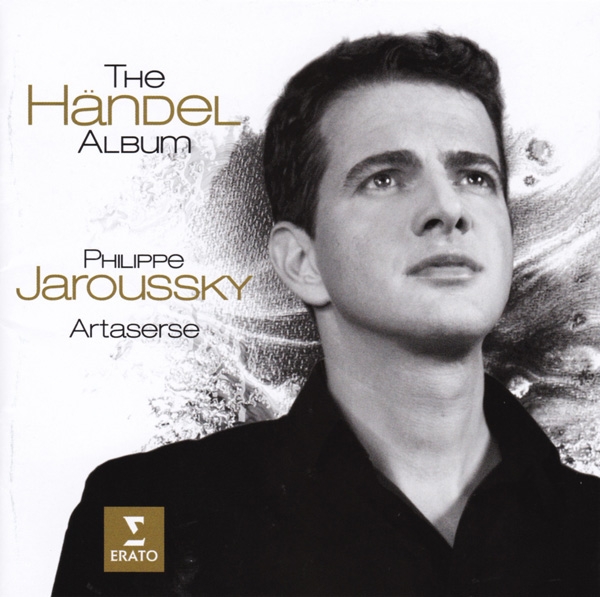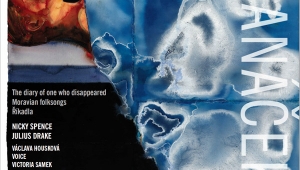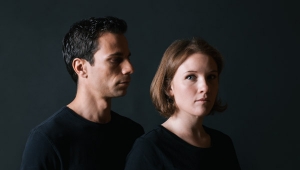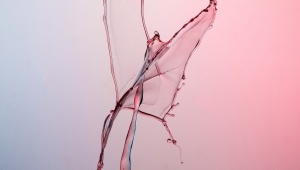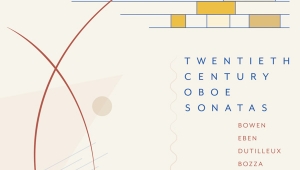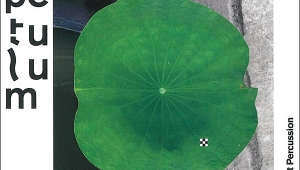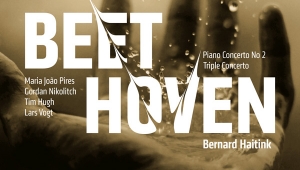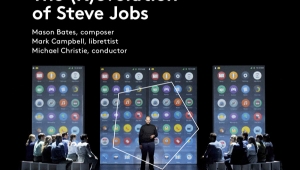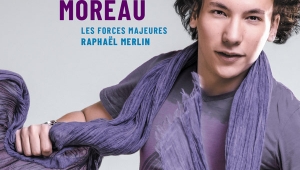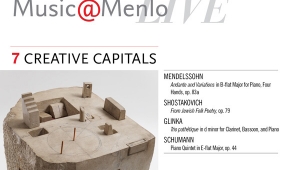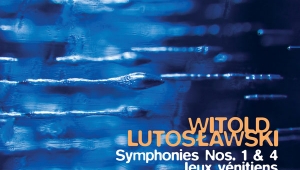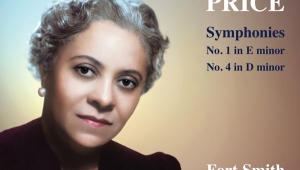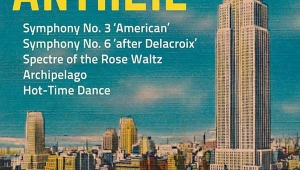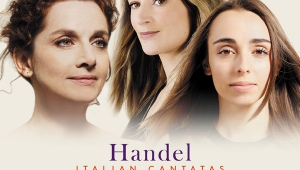| Columns Retired Columns & Blogs |
Wow! Just wow. I rarely buy without audition, but the description here was all I needed. I have no real expertise in classical music, but I have a few dozen albums of arias, choral music, etc., and this for me is unique. And that's what's so welcome with this music - not just another album that sounds like a few others. Oh, and the accompaniment is marvelous. Very, very enjoyable.
